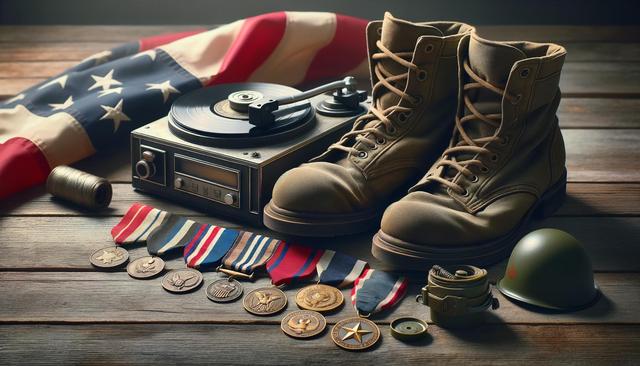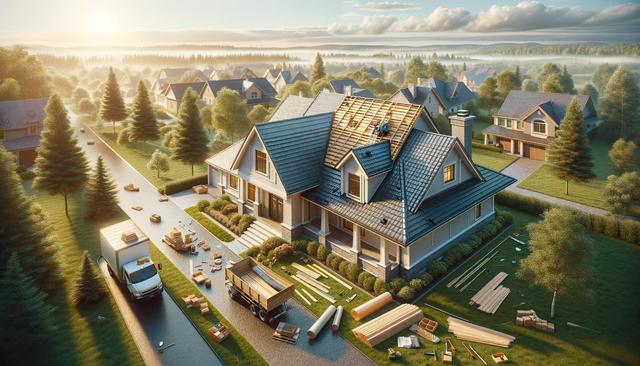
Honoring Senior Veterans: Lifelong Service and Continued Support
The Legacy of Service
Senior veterans have contributed immensely to the safety and freedom of their communities and countries. Many served in major conflicts, including World War II, the Korean War, and the Vietnam War. Their experiences not only shaped global events but also influenced the societies they returned to. These individuals carry with them a wealth of historical knowledge and life lessons learned through sacrifice, dedication, and resilience. Their stories help enrich our understanding of history and provide important perspectives for younger generations.
Veterans in their senior years often continue to serve their communities in various ways. Whether volunteering at local organizations, mentoring young people, or participating in veterans’ groups, their commitment to service remains strong. This sense of duty is a defining characteristic that sets senior veterans apart and demonstrates the lifelong impact of military experience. Recognizing their legacy is essential for fostering appreciation and understanding among civilians and ensuring their contributions are not forgotten.
Common Challenges Faced by Senior Veterans
Despite their sacrifices and lifelong service, many senior veterans face unique challenges as they age. These issues often intersect with both their time in service and the natural aspects of aging. Understanding these challenges is key to providing the appropriate support and resources they need.
Common difficulties include:
- Physical health concerns related to injuries or long-term effects of military service
- Mental health conditions such as PTSD, depression, or anxiety
- Limited access to specialized healthcare or support services
- Social isolation due to loss of peers and changing family dynamics
- Financial insecurity, especially for those without sufficient pensions or benefits
Addressing these challenges requires a multifaceted approach, involving government programs, community organizations, and healthcare providers. By acknowledging the specific needs of senior veterans, society can create more effective support systems that enhance their quality of life.
Healthcare and Support Services
Access to quality healthcare is one of the most important concerns for senior veterans. Many live with chronic conditions that stem from their military service, and navigating the healthcare system can become increasingly complex with age. Fortunately, there are dedicated programs aimed at addressing these concerns, including veteran-specific clinics and services tailored to their medical histories.
Healthcare services often include:
- Routine medical care and chronic disease management
- Mental health counseling and therapy
- Rehabilitation and physical therapy services
- Assistance with mobility aids and adaptive equipment
- In-home care and long-term care support
In addition to medical support, many veterans benefit from services designed to improve their overall well-being. These include transportation assistance, housing programs, and community engagement initiatives. However, accessibility and awareness remain barriers for some. Continued outreach and education are essential to ensure that all senior veterans can take advantage of the resources available to them.
Community Involvement and Social Connection
Maintaining a sense of community is vital for the well-being of senior veterans. Social connection helps combat loneliness, which is a common issue among older adults, especially those who have lost spouses or close friends. Engaging with others can significantly improve mental and emotional health and foster a stronger sense of identity and purpose.
Programs that support community involvement include:
- Veterans’ clubs and social groups
- Local events honoring veterans
- Community service and volunteer opportunities
- Mentorship programs for younger veterans or youth
- Group therapy and peer support networks
These activities not only offer companionship but also reinforce the value of senior veterans within society. Encouraging participation in such programs can help them stay active, engaged, and appreciated. In many cases, veterans also find fulfillment in helping others, continuing their lifelong tradition of service in new and meaningful ways.
Planning for Future Needs
As senior veterans age, it becomes increasingly important to plan for their long-term needs. This includes not just healthcare and housing, but also end-of-life planning, legal matters, and legacy preservation. Families and caregivers play a crucial role in supporting these preparations, but access to professional guidance is equally important.
Key areas to consider include:
- Estate planning, including wills and power of attorney
- Healthcare directives and decision-making support
- Veteran burial and memorial benefits
- Financial counseling and benefit optimization
- Life story documentation and legacy projects
These preparations can bring peace of mind to both veterans and their loved ones. By addressing future needs proactively, senior veterans can ensure their wishes are respected and their families are supported. It also provides an opportunity to reflect on their life achievements and share their stories with future generations.
Conclusion: Continuing Respect and Support
Senior veterans have given much to their country and communities, and in their later years, they deserve continued respect, recognition, and support. By addressing their unique challenges, enhancing access to healthcare and services, and fostering meaningful connections, we can honor their legacy in tangible ways. Whether through community programs, family involvement, or public policy, supporting senior veterans is a testament to the value we place on their sacrifices and contributions. As a society, we have the responsibility to ensure that their final chapters are lived with dignity, comfort, and appreciation.


